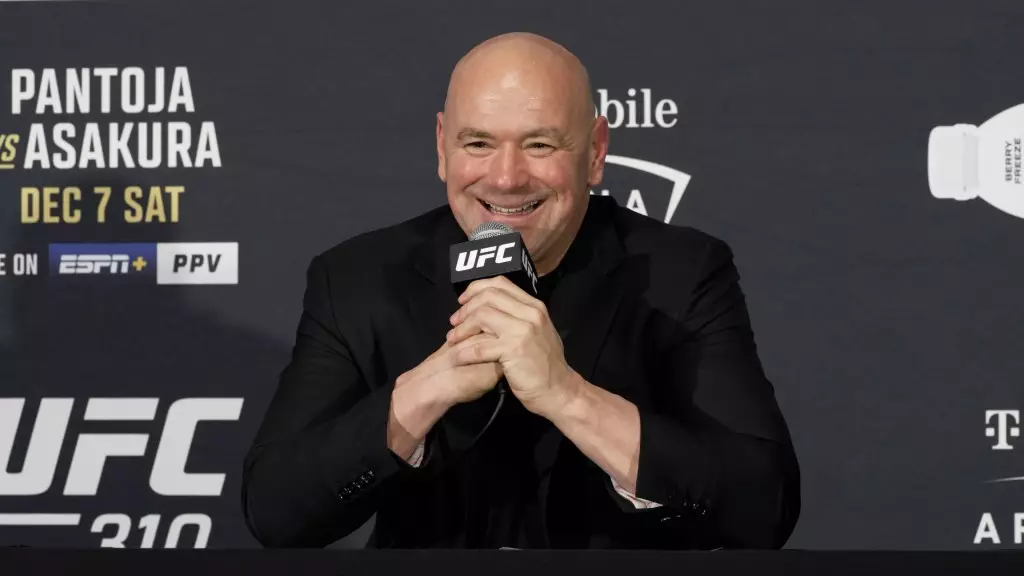The UFC 310 main event delivered more than just the high-stakes showdown fans anticipated; it marked a significant moment for both the flyweight division and the UFC as a whole. Champion Alexandre Pantoja faced off against Japanese star Kai Asakura, making his debut in the octagon. The bout was not only thrilling due to the skill displayed by both fighters but also served as a testament to the growing international influences within the UFC. Pantoja’s victory via second-round submission not only solidified his championship reign but also demonstrated the evolution of striking and grappling within mixed martial arts as a whole.
As the match unfolded at T-Mobile Arena, spectators were treated to a fascinating exhibit of martial arts. Asakura, undeterred by the stakes, came out aggressively, showcasing his eagerness and fearlessness with a flying knee strike right from the outset. This initial burst of energy earned him applause and respect from the audience, indicating his readiness to compete at this elite level. However, it was Pantoja who demonstrated the composure and tactical prowess expected of a champion, deftly applying pressure and transitioning into dominant positions that culminated in his victory.
Beyond the compelling action within the cage, the presence of influential figures such as UFC CEO Dana White and RIZIN president Nobuyuki Sakakibara highlighted the shifting dynamics in the world of mixed martial arts. In a conversation with reporters, White praised both fighters for their performances, particularly emphasizing Pantoja’s dominance and the excitement generated by Asakura’s spirited entry into the UFC.
This main event represented more than just an isolated fight; it symbolized an opportunity for collaboration between prominent organizations across borders. White remarked on the discussions he had with Sakakibara regarding the future of MMA, recognizing Japan’s rich history in the sport and the potential for fostering young talent. The willingness to explore partnerships that facilitate crossover opportunities could prove beneficial for both promotions and the fighters striving for recognition on a global stage.
Dana White’s enthusiasm for expanding relationships with international promotions could pave the way for an influx of talented fighters from regions previously underrepresented in the UFC. As he articulated, the aspiration among young Japanese fighters to earn a UFC world title could drive a new generation of athletes to strive for excellence and compete against the sport’s best. Furthermore, fostering relationships with organizations like RIZIN may not only invigorate the UFC’s roster but also enhance international viewership and market reach.
UFC 310 was not merely another event within the thriving promotion; it was a pivotal point demonstrating the intersections of competition, collaboration, and legacy. Pantoja’s successful title defense, paired with Asakura’s promising performance, served as a reminder of the sport’s potential to evolve through shared experiences. As the world of mixed martial arts continues to grow and diversify, fans can anticipate exciting developments that expand the boundaries of style, talent, and opportunity across continents. The future of the UFC, with international competitors and partnerships, holds great promise for thrilling matchups that will elevate the sport to new heights.

